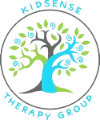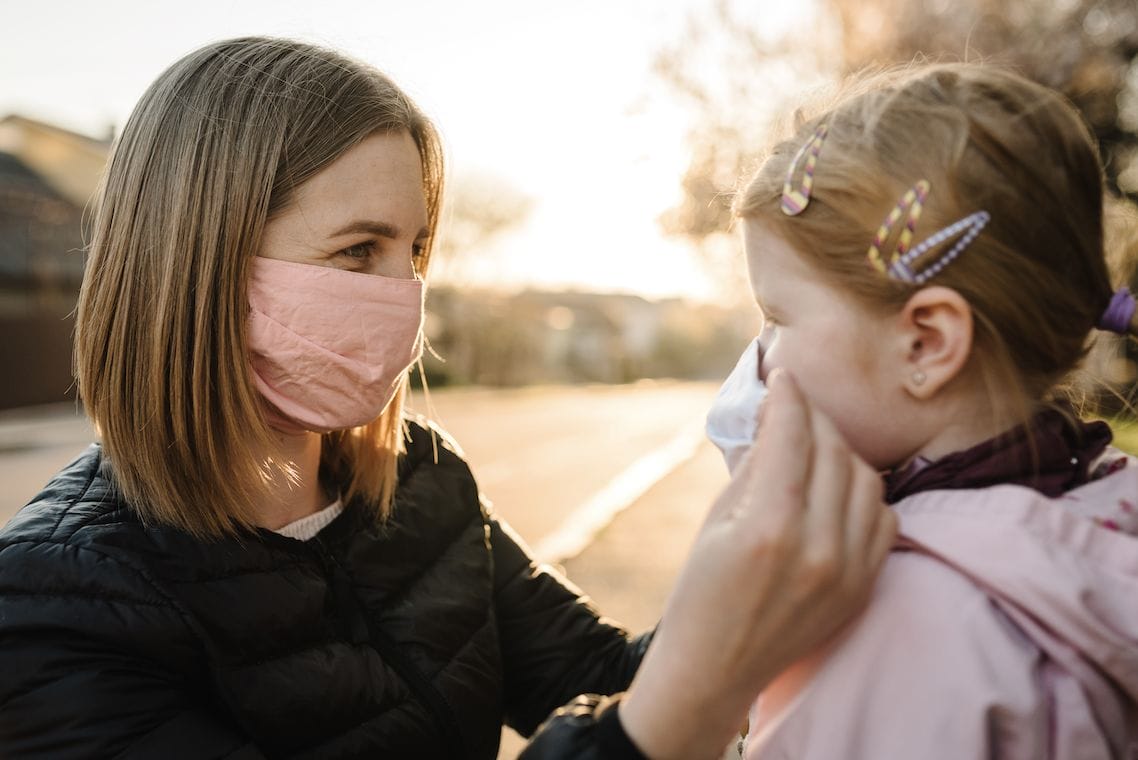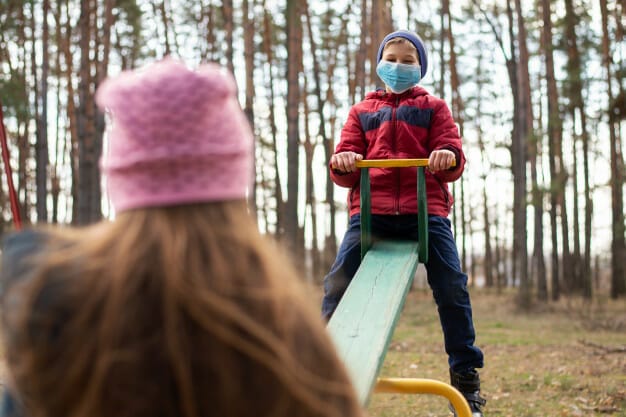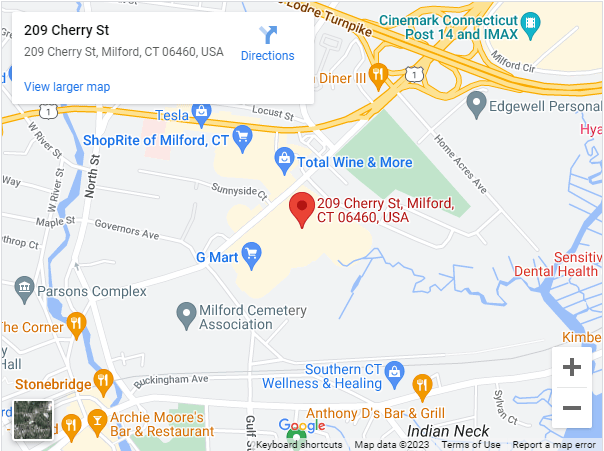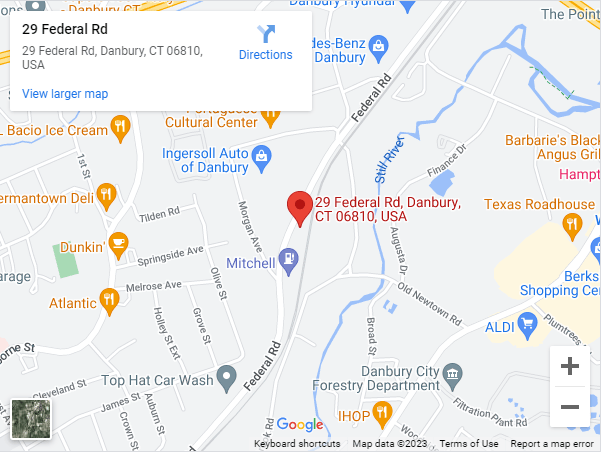Social Cognitive Therapy for Navigating Social Interactions
We empower your child by improving their social skills
Stronger Social Skills, Improved Confidence, and Enhanced Problem-Solving Skills
Does your child exhibit difficulties navigating the social world? Do they find it difficult to participate in group activities? Difficulties in social cognition might result in exclusion, alienation, or poor self-image. Our social cognitive therapy delivered via individual or group sessions can help your child make sense of how the world interacts, manage the nuances of relationships, reduce stress and anxiety in social situations, and deal with positive and negative emotions while developing their sense of self.
Social cognition is the ability to process information within social contexts. It refers to how people think about themselves and others.

Our social cognitive therapy aims at achieving the following goals:
Teaching children to learn through their own experiences and those of others
Promoting cooperative social connections
Developing a child’s self confidence
Creating sustainable social environments for children
Empowering a child to contribute to the group
Eliminating physical and psychological barriers to social engagement
Cognitive Therapy for Social Skills
Difficulties with social environmental processing are often associated with:
- Autism Spectrum Disorder (ASD)
- Nonverbal Learning Disorder (NLD)
- Social Communication Disorder (SCD)
- Attention Deficit Hyperactivity Disorder (ADHD)
- Talented & Gifted/Twice-Exceptional
- Social anxiety, depression, and/or low self-esteem
Our therapists work with a variety of children experiencing diagnosed or undiagnosed social learning challenges.
What Qualifies a Child for Social Cognitive Therapy?
The signs of social-cognitive challenges can range from subtle to overt. They may include difficulties in any of the following:
View Developmental MilestonesPerception
Children might have difficulty in perceiving social cues to make judgments about social roles, rules, relationships, context, or characteristics. Such children might experience:
- Difficulty interpreting body language and facial expressions
- Decreased listening and reading comprehension skills making it hard to understand the point of what is being said
- Difficulty utilizing verbal and nonverbal language to share about their interests as well as using these experiences to connect with others.
- Difficulty understanding and explaining their own perspective as well as understanding another’s point of view
- Difficulty initiating and maintaining friendships
Interpretation
Children with weaker social interactions often face interpretation difficulties. This may include, but are not limited to:
- Difficulty with abstract language, including verbal problem solving (why, when, how do you know?), double meanings, innuendos, jokes, and colloquialisms (such as “You hit the nail on the head”)
- Decreased ability in understanding, expressing, or processing feelings and emotions
- Difficulty using language to greet people, request information, or gain attention
Response
Children may have difficulty in responding to others, handling criticism, or answering questions. Such children might experience:
- Difficulty responding to bids for engagement from others
- Ineffective use of their non-verbal language
- Impulsivity, maladaptive behavior, decreased self-regulation
- Difficulty answering open-ended questions, such as “What happened?”
Why Choose KidSense for Social Cognitive Therapy?
We are well-equipped to help your child develop meaningful social interactions.
- Safe and Supportive Environment: We provide a safe, supportive and fun environment that children find encouraging and enjoyable. Our therapists approach their clients and sessions from a place of love, and our clients feel it!
- Variety : KidSense offers a range of individual social learning services and groups that accommodate clients from ages 3 to adult. Clients are provided recommendations that will best help them meet their goals and support their needs.
- Family Involvement: Family involvement is an integral part of our program and helps lead to success. As part of each weekly session, we provide parent/caregiver education.
- Mindful Grouping: Our groups are composed of clients who are matched according to a variety of factors which can include their age, social cognitive level, level of social awareness, as well as interests. We are very careful to structure our groups to ensure that the lessons are appropriately geared to all members of a group.
- Client-focused Solutions: At KidSense we work to utilize a child’s strengths to build the skills and tailor the support for our clients so that they can find success. We extend our services beyond direct services with the client to include education and training for caregivers and teachers/professionals who work closely with the child and team.
What is Involved in an Evaluation for Social Cognitive Therapy?
Effective Evaluation to Achieve Realistic and Measurable Goals
We complete a dynamic assessment that includes observations that assist us in matching them in the best placement and determine the appropriate roadmap of services. The prerequisites for a client participating in a social-cognitive group of two or more clients may include:
- Ability to focus on an activity for 10-15 minutes
- Strong language skills
- Ability to follow directions that are appropriate for group dynamics given support
- Ability to self regulate around peers with support
Social Cognitive Therapy at KidSense
We Empower your Child
We offer social cognitive services that focus on supporting the diversity within social intelligence. Our goal is not to teach ways to mimic neurotypical socialization, but rather to support each client’s social development through a focus on perspective taking skills, which teach the “why” and the “how” behind the social world in order to build upon an individual’s social competencies. Our therapists apply methods and philosophies learned through continuing education, specific training programs, and their clinical experience to best meet their client’s needs. Teaching, learning, reacting, and self-discovery are all common tasks in social cognitive therapy. Children can take part in a variety of activities, including:
- Group discussions
- Interactive games that lead to collaborative work
- Multi-session projects
- Cooking activities
- Sports, activities, and performances that necessitate teamwork
External Cognitive Therapy Resources, Parents and Caregivers
Resources do not supplement an evaluation and treatment plan created by a licensed therapist and should be used for informational purposes only.
The Zones of Regulation
https://zonesofregulation.com/
The Zones of Regulation is the original framework and curriculum (Kuypers, 2011) that develops awareness of feelings, energy and alertness levels while exploring a variety of tools and strategies for regulation, prosocial skills, self-care, and overall wellness.
The NVLD Project (Non-Verbal Learning Disability)
https://nvld.org/
The NVLD Project is committed to helping those with NVLD in order to bring about positive change in their lives and greater acceptance by society. We do this through several initiatives, including awareness campaigns, ongoing communications efforts, special events, social media, our ambassador program and more.
Therapistndc.org
https://therapistndc.org/
The Neurodiversity Movement says that people with brain-based disabilities (like autism, intellectual disabilities, learning disabilities, or mental health disabilities) should be accepted and included in society just like neurotypical people (people without brain-based disabilities).
Social Thinking
https://socialthinking.com/
Evidence-based strategies to help people age 4 through adult improve their social competencies
Understood.org
https://understood.org/
Providing parents and families everywhere with the resources, expertise, and community. A lifelong guide for those who learn and think differently.
Speechdude.com
https://www.speechdude.com/
Let’s Give Our Autistic Students the Neurodiversity: Affirming Support They Need!
Frequently Asked Questions
How do I know if my child needs this service?
If your child exhibits any of the following, social cognitive therapy can help:
- Mental health conditions such as social anxiety & depression
- Low self-esteem as a result of difficulty navigating the social world
- Difficulty making friends
- Difficulty reading/interpreting body language & facial expressions
- Difficulty navigating conversations
- Difficulty taking perspective
- Difficulty expressing/understanding feelings
- Decreased self-control/self-regulation
- Difficulty answering open-ended questions, understanding jokes, innuendos, idioms, colloquialism, or difficulty with academics in reading,and writing
What does your Evaluation Process look like?
After a phone intake is complete, documents are sent to the client/family to complete the case history. This will assist the evaluating therapist in gathering background information and planning the evaluation. If the client has had a recent evaluation (within 6-12 months), we recommend those evaluations be shared to gather additional details. Upon arrival at KidSense, the client proceeds to the evaluation session where formal and informal measures may be used to evaluate the areas of need. Based on client/family needs, a brief recap of the preliminary findings are shared, however, the therapist or family may elect to set up an additional time to review results and recommendations.
Which “Collaborative Therapy Services” do you offer in conjunction with this service?
Aside from working as a team to best support your child with the in-house services we offer, we often collaborate with home and school-based teams, pediatricians, and specialists to meet our client's goals and address areas of need.
Can you describe your therapeutic approach? What’s your treatment approach for this service?
Much of our teachings are based on philosophies from a variety of specialists with a background in social communication and self-regulation as well as our own lessons that we have developed over our years of practice.
We work together to support an individual to consider the points of view, emotions, thoughts, beliefs, and intentions of others while simultaneously breaking down and teaching more abstract social concepts.
Here at KidSense, we teach our clients how to be “social spies” in and out of the therapeutic setting. We help them learn how to use their bodies, brains, eyes, and words to connect with other people, as well as how to understand the perspective of others and how they can influence those perspectives.
We help our clients learn about friendship, how we make different impressions on others, how to make connections, and how to deal with the “boring moments.” We use visual cues and fun activities to practice these concepts and many others during our sessions. We set them up for success, catch them in the moment and praise them for working through behaviors.
Many of our clients have been labeled the “troublemaker” or “lazy” and become accustomed to negative attention, as social-cognitive deficits can often be an invisible diagnosis. It is our goal to deconstruct those labels and help them have more meaningful social experiences.
To address self-regulation, we focus on developing the 8th sense, interoception, as well as using tools to teach them about emotions and feelings. In addition to addressing self-regulation clients develop their emotional vocabulary, ability to read facial expressions, develop perspective on how others see and react to the world around them, insight on events that trigger their behavior, calming and alerting strategies, and problem-solving skills.
If there is no delay in speech and language, how can a speech pathologist or occupational therapist and social cognitive therapy help?
Those with social cognitive difficulties may have developmentally appropriate communication skills, yet may be unable to successfully apply those skills in their everyday life. If your child has difficulty with self-regulation and or social learning, there is often a struggle with the use of language and application in social contexts. There may also be difficulties engaging in appropriate social interactions and uncertainty on how to act, or “be” with other people. Our speech and language pathologists are skilled in working with all forms of language, including pragmatic language. Although your child may not exhibit a speech or language delay, social learning therapy can help if the need is to support or improve social communication.
Our occupational therapists are skilled in working with sensory and emotional regulation. If self-regulation is a struggle, social cognitive therapy can help. Being social, playing, and “hanging out” with children or older adults is one of the most meaningful occupations in life. If someone is exhibiting depressive symptoms, struggling with getting along with others, joining in with peers, and participating in social events, our speech-language pathologists and occupational therapists can teach the client to better understand the social environment and how to navigate it with more ease.
How can poor social cognition affect academic success?
Social cognitive skills are needed to learn and be part of a group. Difficulty understanding the perspective of the teacher and other students in group activities can impact a child's success in the classroom. Given that social cognition is an executive function, we often see decreased organization, time management, and difficulties transitioning from one activity to the next, which can impact a 'bright' student's academic success. These children also have difficulty interpreting and responding appropriately to a lesson or question as skills such as reading comprehension and writing requires a significant amount of social cognition to determine main ideas, point of view, facts/opinions, etc. Additionally, students may have difficulty understanding the hidden or unwritten social rules of school environments (classroom, hallway, recess, cafeteria, assembly, school dances) which can result in disciplinary action in school.
Some other identifying concerns include:
- Challenges with reading, writing, or history because of attention, organization, literal thinking, sequencing, or perspective-taking difficulties
- Hesitancy or inability to ask for help when needed
I’m not sure if this describes myself or my child. What are some of the signs of social-cognitive challenges?
The signs of social-cognitive challenges can range from subtle to overt. They may include:
- Social anxiety and/or low self-esteem
- Withdrawal; difficulty making and keeping friends
- Difficulty reading or interpreting body language and facial expressions
- Difficulty to take the listener’s perspective
- Difficulty understanding or expressing feelings
- Decreased self-control/self-regulation
- Difficulty to answer open-ended questions, such as “What happened?”
- Difficulty engaging in a conversational exchange
- Difficulty with abstract language, including verbal problem solving (why, when, how do you know?), double meanings, innuendos, jokes, and colloquialism (such as “You hit the nail on the head”)
- Poor academics in areas of reading comprehension, history, writing, etc.
- Weak organizational and/or time management and difficulty prioritizing
How do the concepts and skills learned at KidSense generalize outside of the clinic setting?
Family involvement is an integral part of our therapy and helps lead to success. As part of each weekly session, we provide parent/caregiver/partner education during a portion of each session. This involves discussing any vocabulary, concepts, or lessons that were introduced each week as well as ideas about how to carry over skills learned in therapy in other environments. Part of a child’s communication success also comes from the success of their communication partners and communication environments. We aim to highlight the successes of our client’s social communication skills and educate families on ways to recognize these across settings, as well as how to create environments where their child might experience more communicative success.
How old are the clients in social learning groups?
KidSense offers a range of social learning services and playgroups that accommodate clients from ages 3 to adult. Groupings are determined with great care by our therapists after a consultation and review of the client’s history is conducted. We also provide individual sessions for those who would benefit from more direct support.
How are the groups structured?
Our groups are composed of two to four (and occasionally five) clients who are matched according to their age, maturity, cognitive level, and level of social awareness. We are very careful to structure our groups to avoid anxiety for the clients involved and to ensure that the lessons are appropriately geared to all members of a group. Each group typically meets one time per week for 60 minutes. Each session concludes with a parent wrap-up during the last 10 minutes. This parental involvement is a crucial component of our approach and another differentiator that sets KidSense apart from other programs.
Do you have a schedule for when groups start and end?
Groups run year-round. KidSense has scheduled sessions but can accommodate new sessions at any time if there are openings in current groups or a need to start a new group.
How do we join a social cognitive group?
To place each client in the most appropriate group for his or her needs, we schedule a 45-minute initial screening or evaluation session. In this meeting, we perform a dynamic social observation that can help us match them in the best placement and determine the appropriate roadmap of services. The prerequisites for a client participating in a group of three or more clients include:
- Ability to focus on an activity for 15-20 minutes
- Basic conversational skills
- Ability to follow directions that are appropriate for group dynamics
- Ability to self regulate around peers with minimal support
What if my child is not ready for a social cognitive group?
We can help you determine your needs after doing an initial screening or evaluation. For some clients, it is helpful to start with individual sessions so they can learn some social prerequisites before they jump in with their peers.
My child hates social groups. How do I get them to attend or participate?
We provide a safe, supportive, and fun environment that most clients find reinforcing and enjoyable. We incorporate individual preferences and interests, as well as humor, into each lesson. Our clients practice their new skills in engaging and interesting ways, including games, acting, watching movie clips, and occasionally going on community outings. Inevitably there will be “boring moments” in our weekly sessions, just as there are in life. We teach our clients how to get through these moments as well as the importance of attending during these moments. Our therapists enjoy their clients and the clients enjoy their therapists!
What if my child has behavioral challenges when sharing space with peers or does not stay with the group?
If behavior is impacting a child’s ability to work with a group, we work to tailor the support for that client so that they can find success. This may include individual work on self-regulation, cognitive behavior therapy, as well as additional consultation with parents and teachers/professionals who work closely with the child and team.
What is the cost of the sessions offered at KidSense?
Our rates vary depending on the number of clients in a small-group or individual session. For more information, please contact us to discuss your needs and availability for placement.
Does KidSense accept insurance for the groups?
KidSense is unable to bill insurance plans for groups directly. However, we can provide a Superbill with both a billing code (CPT) and a diagnosis code (if provided by your child’s physician). You can submit these invoices to your insurance provider for reimbursement, as some plans will reimburse for group therapy by a licensed speech and language pathologist or occupational therapist. Please contact your insurance provider directly to establish whether you are eligible for reimbursement.
